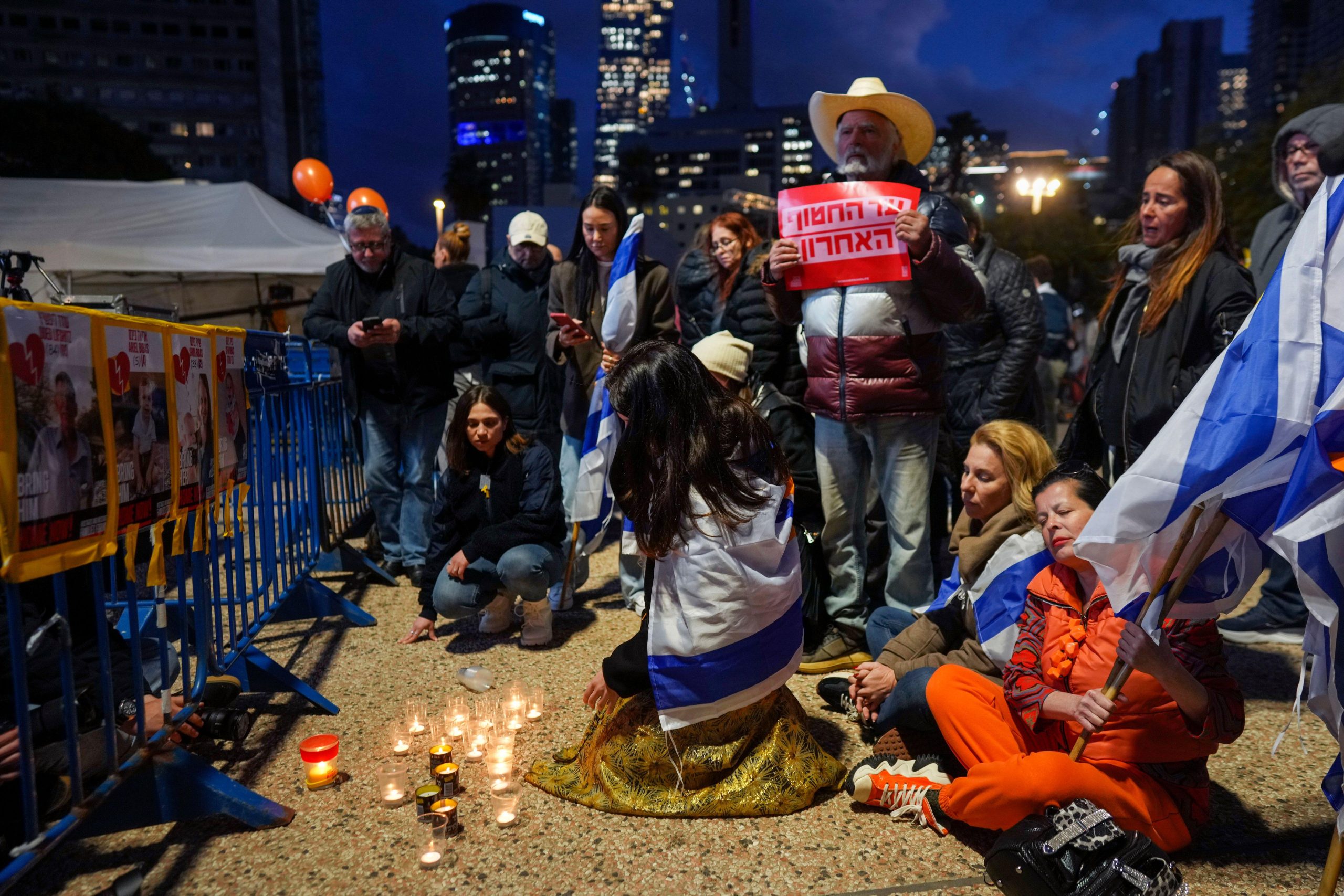 Canadian activists are the subject of a lawsuit from one of the country’s largest media organisations, writes Mordecai Briemberg
Canadian activists are the subject of a lawsuit from one of the country’s largest media organisations, writes Mordecai Briemberg
In early June 2007, to mark 40 years of continuous Israeli occupation of land conquered in 1967, some people in Vancouver, British Columbia, produced a four-page parody of the Vancouver Sun. The target of the parody was the perceived pro-Israeli government bias of Canwest publications.
Canwest owns both the Vancouver daily newspapers (the Vancouver Sun and the Province), as well as the major TV station. Canwest is Canada’s largest media conglomerate, owning newspapers in most major cities — having bought out Lord Black’s holdings, a national TV network and speciality channels.
The parody was obvious — with reporters named Hy Pocrazy, articles titled ‘Study shows Truth Biased Against Israel’, and a weather report of ‘occasional missile showers’. As for circulation, only a few thousand of the thin four-page edition were handed out.
Nonetheless, Canwest launched a legal suit. The suit formally charges the parodists with abuse of trademark. Canwest claims the producers of this give-away parody were equivalent to commercial sellers of a Nike knock off. Of course there was no financial gain for the parodists, and Canwest provides no documentation of any financial loss.
In reality this is a classic SLAPP, a Strategic Lawsuit Against Public Participation. This form of litigation is filed by corporations to intimidate critics by burdening them with such heavy costs for legal defense that they abandon their opposition. The key desired effect is to chill and silence public critical comment.
Public statements made by civil liberties associations, trade union organizations, and librarian associations in Canada, all critical of Canwest’s SLAPP suit, go totally unreported in Canwest media. Canadians who rely on Canwest media for information have no clue that members of the Order of Canada, like novelist Joy Kogawa and concert pianist Anton Kuerti, the president of the national federation of Canadian trade unions, or authors like Naomi Klein, John Pilger, and Noam Chomsky are among dozens of local, national and international honorary members of the Seriously Free Speech Committee, formed to take up the gauntlet against this attack on the right of freedom of expression.
In Quebec a mining corporation launched a multi-million SLAPP suit against a small, independent publisher for a book critically examining Canadian mining practices in Africa. The francophone media have reported both the SLAPP and the broad resistance to it.
Indeed this popular resistance, along with resistance to SLAPP attacks on environmental activists, brought the Quebec government to introduce draft legislation that defends citizens against the intimidation of SLAPP suits. Quebec will be the only jurisdiction in Canada with such legislation. In the US similar legislation exists in many states.
But what reporting has there been in media not owned by Canwest in English-speaking Canada?
None by the Canadian Broadcasting Corporation, the public broadcaster. And with the exception of one small report, none in any commercial media.
This June the Supreme Court of Canada unanimously dismissed a libel case. A radio commentator had been sued for calling a publicly active anti-gay rights activist a ‘bigot’. In the ruling, one judge observed that ‘the law must accommodate commentators such as the satirist or the cartoonist who … exercise a democratic right to poke fun at those who huff and puff in the public arena.’
Does not Canwest huff and puff in the public arena? Were not the parodists exercising the democratic right to poke fun?
Why then are Canada’s public broadcaster and other commercial media not owned by Canwest still hibernating, asleep and silent? It is, after all, late summer.
Mordecai Briemberg was a Rhodes Scholar at Oxford and is one those being sued by Canwest for having handed out a few copies of the parody.
Contact: [email protected]





